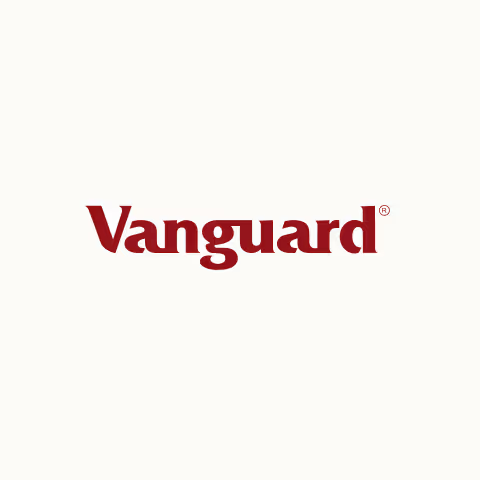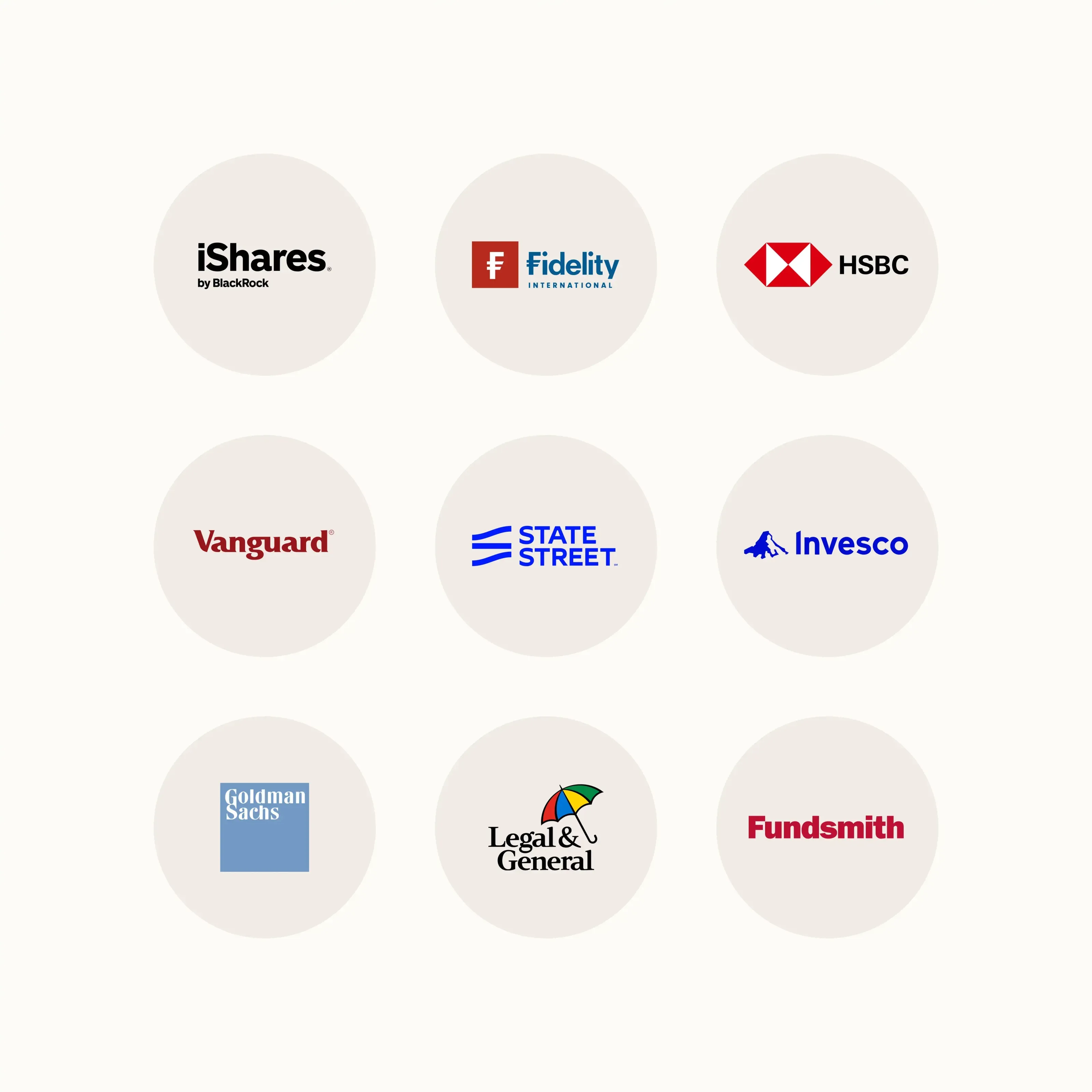Helping maximise potential returns on the money you invest
Prosper offers investment opportunities with low, fair and transparent fees which may help you keep more of your money.
We do this across cash, public market funds and private market funds for sophisticated and high net worth investors.
Capital at risk.




















